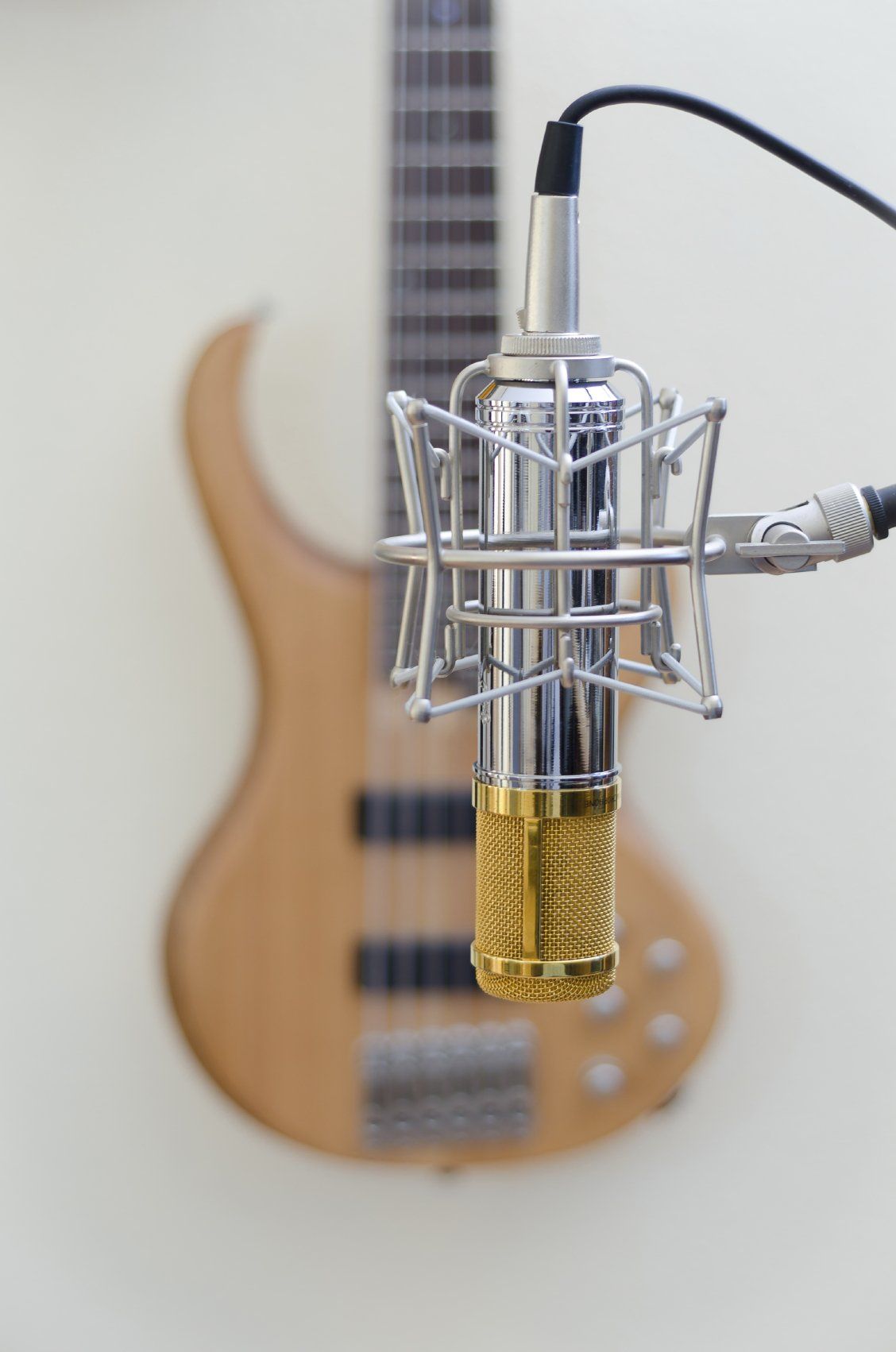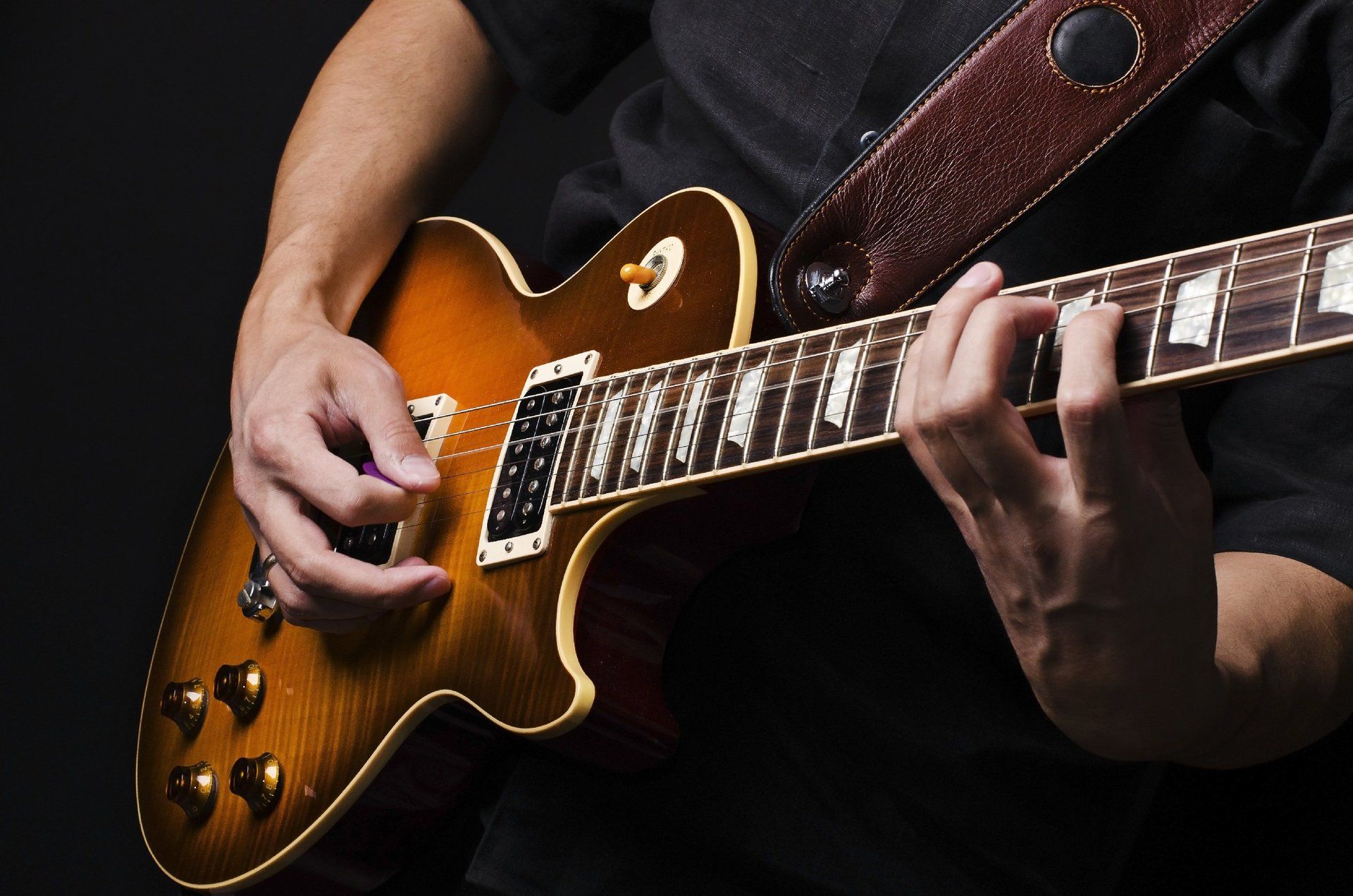How Music Can Transform Your Child’s Reading Ability
If your child is struggling with reading, or even if you simply want to improve their literacy skills, music might be the key you need. There are many ways you can use music for your little one. Here is all you need to know to help your child succeed.
No matter your preferred music genre, lessons from Don’t Give Up Guitar will cover it all. Online or 1 on 1lessons available! Call or text Tim at (971) 319-4677
How Music Helps:
The connection between literacy and music may seem tenuous. However, it starts with how music helps us improve our attention spans. When we listen to music, we hone our listening skills, as well as increase how well we are able to pay attention. By hearing sounds and words, and seeing them written down in music format, children are able to better connect the two. It can even be a way to increase your child’s vocabulary.
Rhyme can help children to remember patterns and words, and then to associate those words with print. It can also influence our brain waves to be more receptive to learning. In fact, a 2009 study demonstrates that children who are exposed to music, score better in reading skills than students who are not. There are many reasons we should expose our children to music, and reading comprehension and literacy skills are just a few.
Best Instruments to Learn:
If your little one shows interest in music, it might be time to learn a musical instrument. When choosing an instrument, don’t simply go with the standard recorder. Instead, pick something that your child might enjoy the most. Extroverted children may like loud, big instruments that allow them to express themselves in a big way, such as the saxophone or some other brass. However, certain instruments can be more challenging than others and it's great to explore all your options.
A keyboard is a good trial instrument, as they aren’t very expensive but can be fun to experiment with. Just the simple touch of a key can create many different sounds, which can make your little one excited to try more. If your children already admire musicians, you could get them involved by giving them a guitar to help them emulate their favorite stars.
Creating a Space for Music:
While we want our little ones to enjoy playing music, our neighbors may not enjoy overhearing our children’s experimentations. Thankfully, there are easy ways to soundproof a room to let our children play to their heart's content. Heavy curtains and drapes over windows, the walls, and doors can help, as can putting in a weather stopper or door cozy. Of course, a professional can do the best job. As your child ages and becomes serious about playing an instrument and you have space, soundproofing a room could be a good idea, plus, you could even boost your home’s value down the road. Whatever you choose, have a dedicated area for your little one to feel at ease.
Musical Games:
It’s important to make sure reading and music aren’t chores but rather moments of fun. Try not to hold back if you are singing and dancing together. Your child is not going to judge your moves or if you break a note, but instead he or she will respond to your enthusiasm with their own.
Depending on your child’s age, there are different ways you can get them involved in music beyond learning an instrument. Very young children will do best with repetitive songs, nursery rhymes, and sing-alongs. Spend a few minutes every day simply singing with them, dancing around, and even trying to make them laugh. Mix and match nursery rhymes to see if they recognize the lyrics well enough to know you’ve changed them. By getting them excited about music when they are young, as they age, they may be more inclined to learn a musical instrument, which can help them in many areas of life.
Music does not need to be a chore. There are fun ways you can encourage your child to develop both their musical abilities and their literacy skills. With the right preparations around the home and some games to make it enjoyable, you can have your child improving their education and having a blast at the same time.





